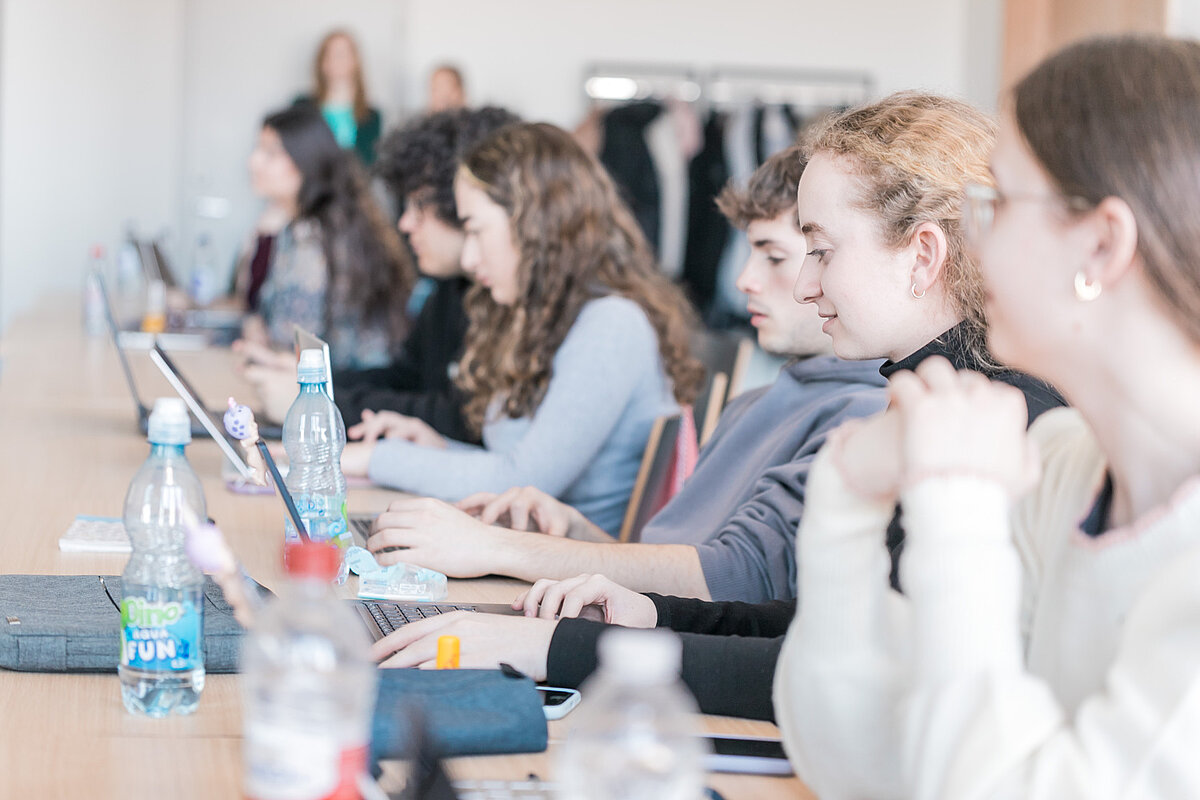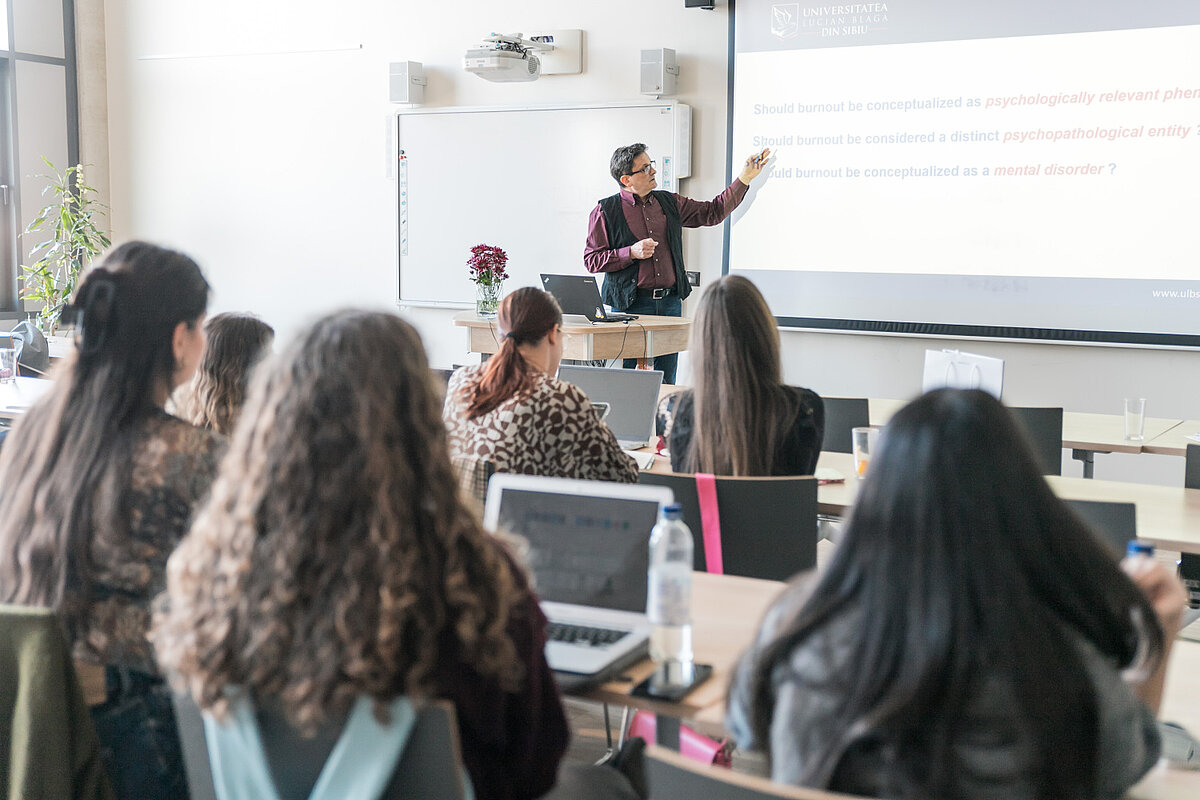
The initiative to participate in this educational and inspiring event was led by prof. Henrijs Kaļķis, academic coordinator of the FORTHEM Resilience, Life Quality and Demographic Change Lab and UL prof. Ženija Roja. The programme was successfully carried out by the organizational team from the University of Latvia, in collaboration with distinguished guest lecturers:
- Estonian University of Life Sciences (Estonia):
Prof. Eda Merisalu,
Assoc. Prof. Märt Reinvee,
Assoc. Prof. Kalev Kuklane - University of Valencia (Spain):
Assoc. Prof. Victor Oltra,
Assoc. Prof. Daniel Gabaldón-Estevan - Lucian Blaga University of Sibiu (Romania):
Assoc. Prof. Gabriela Marcu,
Assoc. Prof. Corneliu Moșoiu - Johannes Gutenberg University Mainz (Germany):
Ph.D. Pascal Nicklas,
M.A. Annemarie Deser - Tallinn University of Technology (Estonia):
Ph.D. Tarmo Koppel
The relevance of the BIP is related to nowadays rapid technological development, modernization, improvements in communications, services, and production systems, which create new challenges for employees and the need to develop new competencies in a changing school, work, and business environment. The aim of the BIP was to discuss and provide innovations in research and practice of ergonomics and human factors in an effective and healthy learning and working environment. The BIP included lectures and seminars, as well as a practical study visit to the one Latvian manufacturing organization (AS Lode) that integrates human factors and ergonomics approach. BIP provided a great place for networking with various acknowledged experts from Europe.
Event fostered valuable cross-cultural dialogue and exchange of knowledge on crucial topics such as:
- The human factor – a foundation for an effective and healthy learning and working environment
- Psychosocial risks at work and employee well-being
- Ergonomic work design
- Indoor air quality and health and relation to productivity
- Mental well-being at work and burnout syndrome
- Artificial intelligence for monitoring and improving employee productivity and health
A meeting was also held with representatives of the FORTHEM Resilience, Life Quality and Demographic Change Lab. During the meeting, participants reviewed the ongoing partnership, exchanged insights and results, and formulated specific plans for future collaborative efforts. Meeting provided a valuable platform for exchanging ideas and outlining new research directions, with a particular focus on an interdisciplinary approach to the study of human factors, ergonomics, and well-being in organization and society levels.
The event successfully enhanced international collaboration and encouraged participants to reflect on the role of ergonomics and human-centred design in creating healthier, safer, and more sustainable workplaces and learning environments throughout Europe."

 CONFERENCE
CONFERENCE